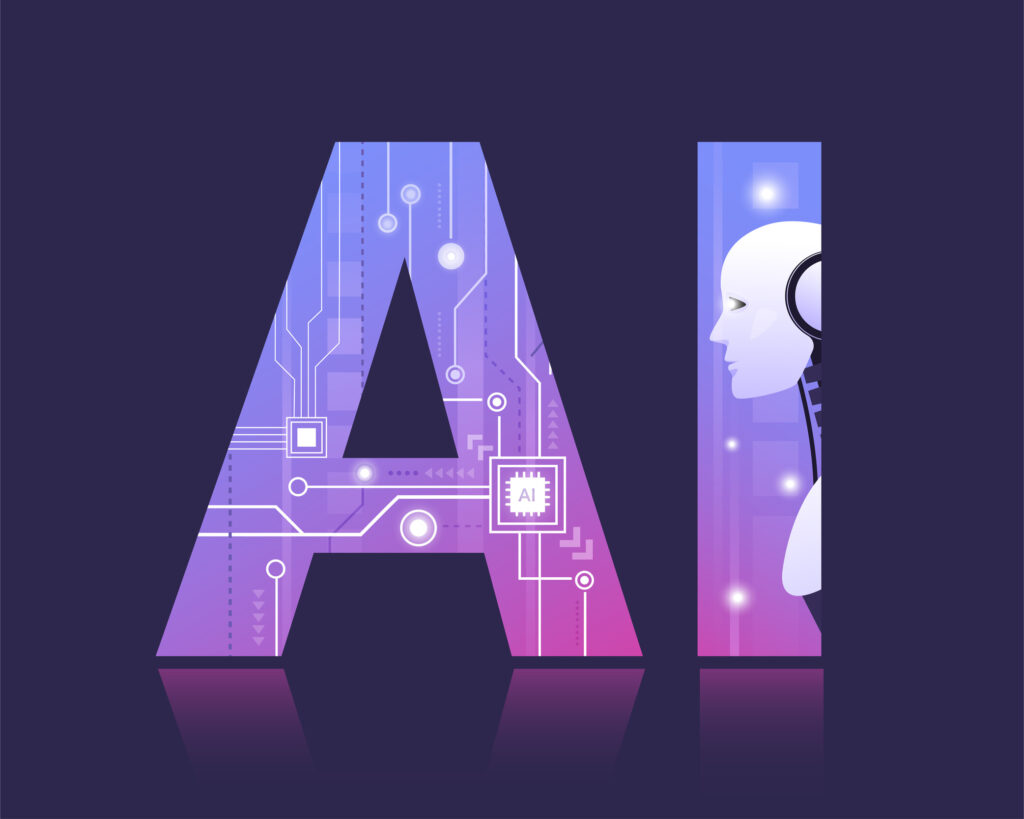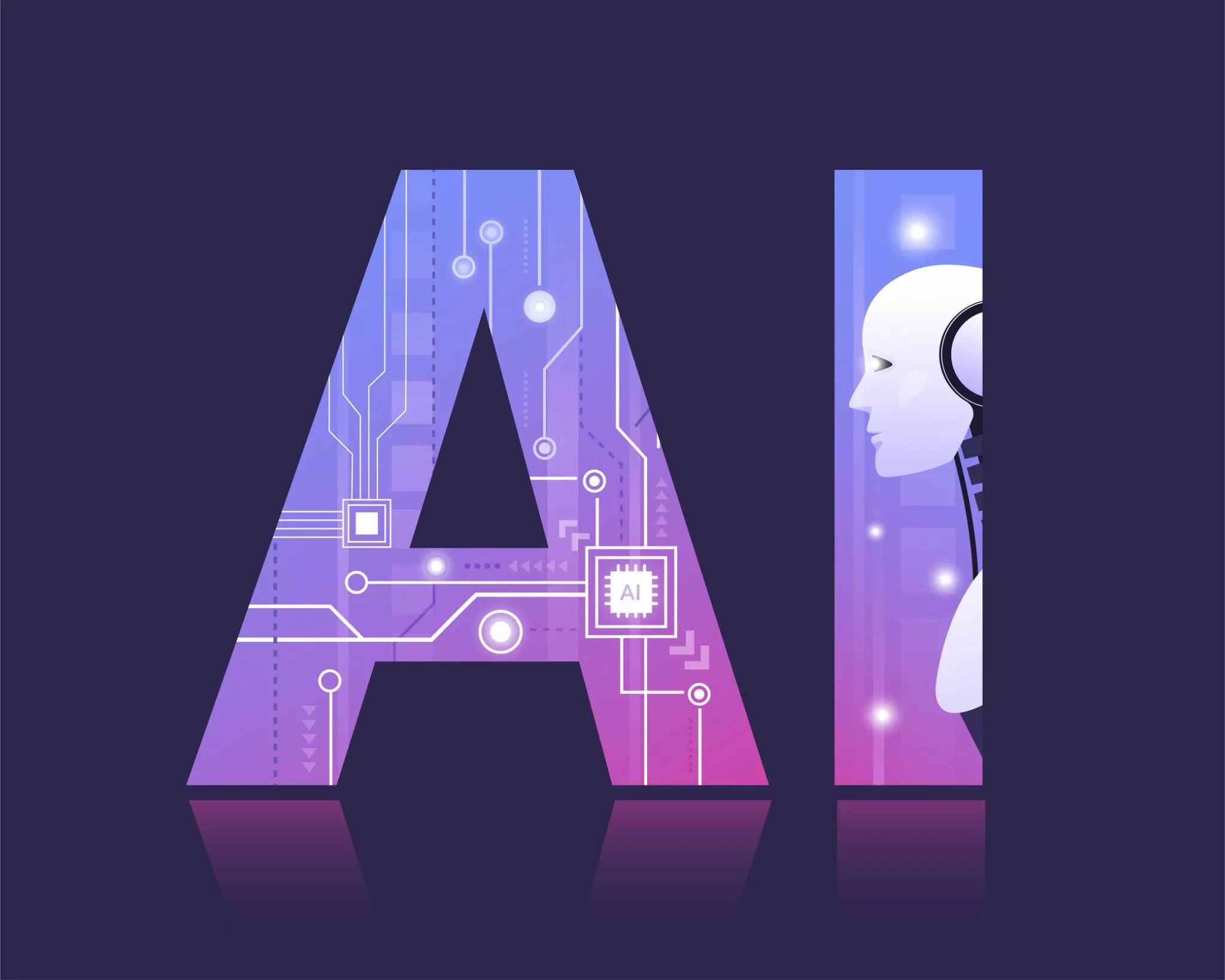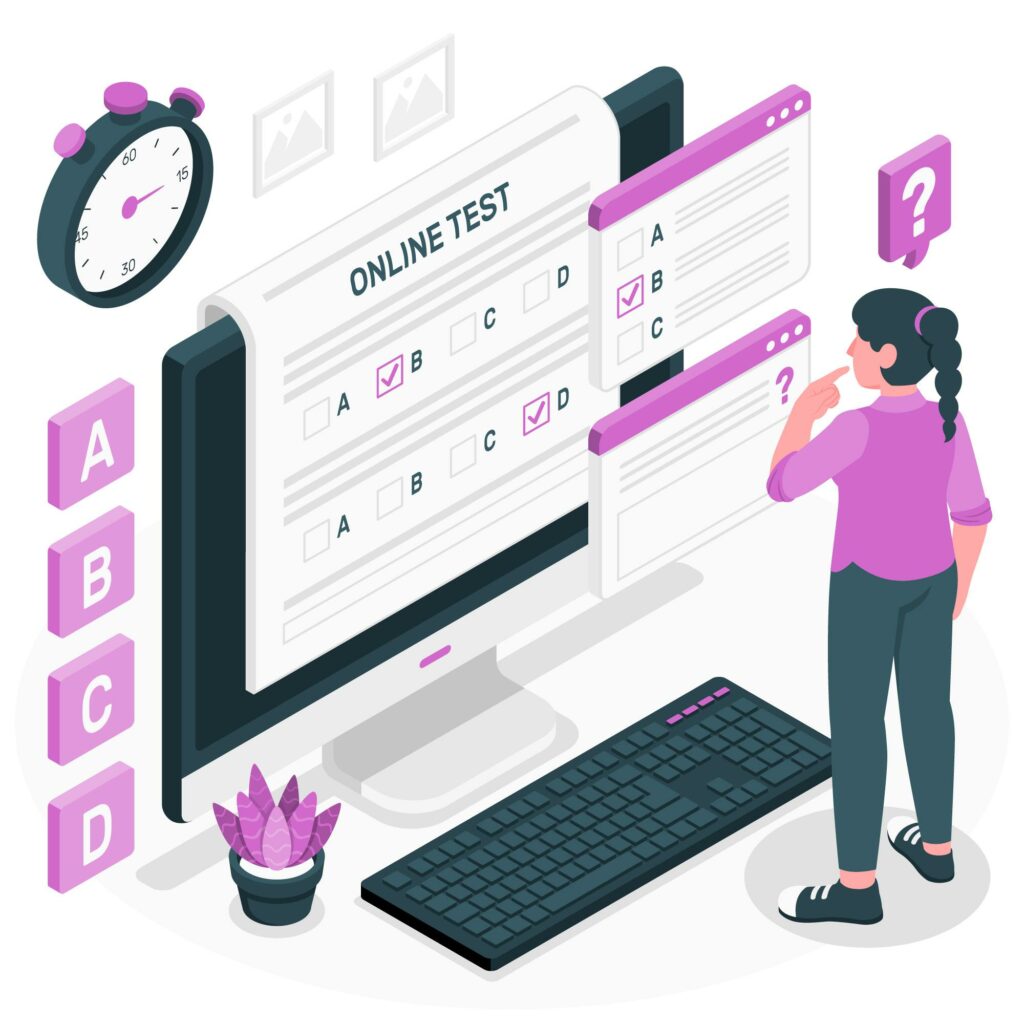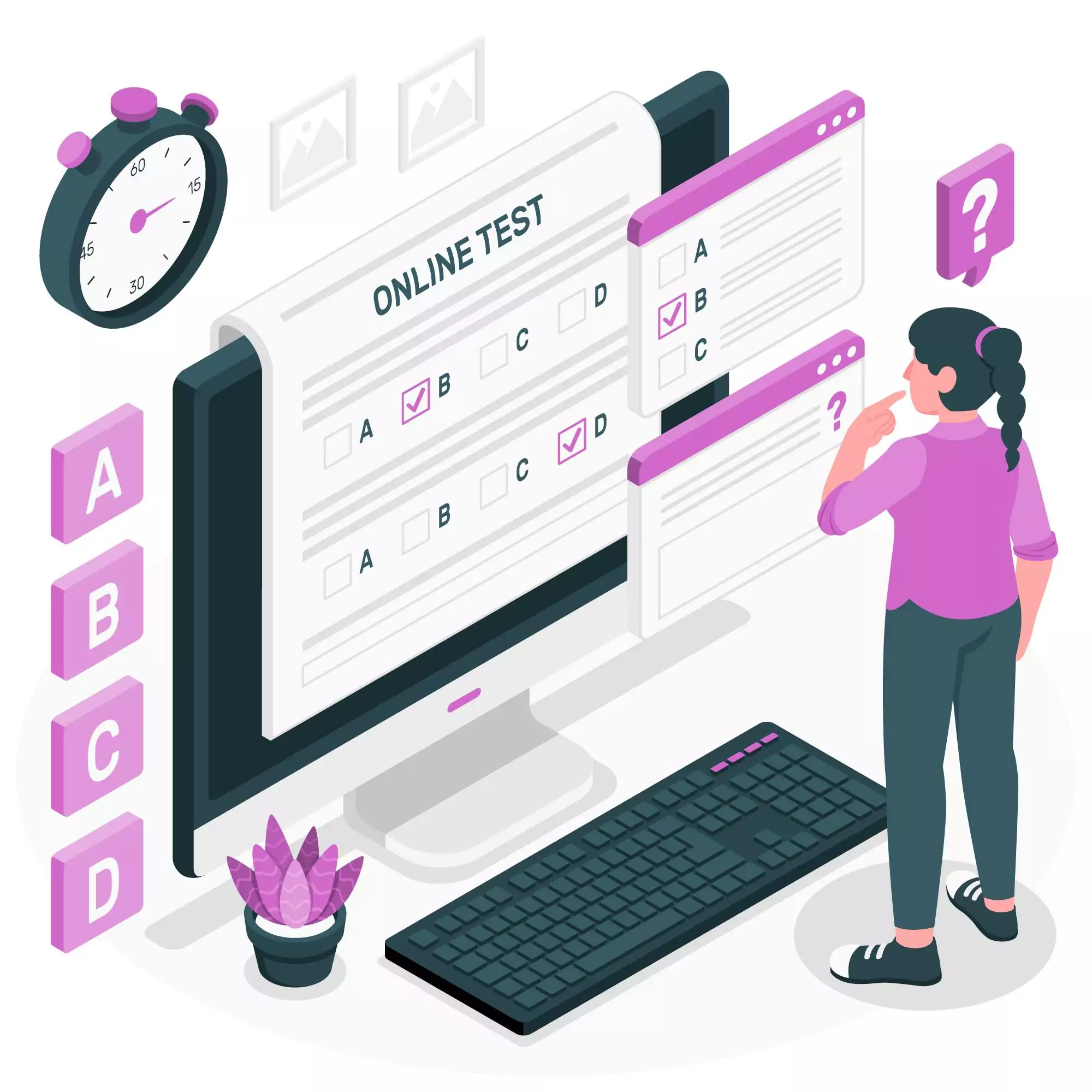| “A higher expression of general intelligence appears to lead to higher performance in all occupations. Thus, general intelligence predicts occupational performance better than special talents as well as non-cognitive factors such as occupational interest and other personality traits.”
(The Validity and Utility of Selection Methods in Personnel Psychology – Schmidt et al. – www.researchgate.net) |
For several years now, employers seeking to hire fresh candidates have come to recognise that even an impressive CV that ticks all the boxes, namely, degrees from top-rung schools or universities, experience at top organisations, and a well-crafted SOP, can fall short of its promise. Neither can the interview process that follows predict with much accuracy the mental abilities that are indicators of performance and high productivity.
This is where cognitive ability testing pitches in strongly to fill the gaps left by conventional screening techniques. Is Candidate-A a fast learner? Candidate-B has a tech background but can she adapt easily to change? How well can Candidate-C grasp complex ideas? Cognitive ability tests directly address these and other critical concerns around hiring.
To derive the maximum advantages from cognitive testing, and, equally important, to avoid pitfalls that can negatively impact your hiring strategy, here is a close look at the plus and minus points of these tests. Here, it is crucial to understand their place in relation to other parameters that need to be considered while assessing candidates.

Arguably the biggest benefit that HR divisions derive from cognitive testing is the vastly sped up process that it offers. Many cognitive ability tests are fairly brief, which means that within about 15 minutes you have a pretty accurate idea of a candidate’s chances of success. This advantage kicks in with greater impact when large-scale, entry-level recruitment drives are involved, such as in the case of campus hiring.
That is only the tip of the iceberg; there are several other positives to cognitive ability testing. Here’s a quick runthrough:
Cognitive testing is a good indicator of versatility.
Essentially, cognitive ability testing is a pre-employment technique designed not to test what candidates know but how they think. The range of mental abilities that these tests evaluate includes:
- Problem-solving
- Focus on detail
- Numerical understanding
- Spatial thinking
- Logical thinking
- Reading comprehension
These skills, which are indicative of basic intelligence and mental capability, are typically applicable to jobs across a variety of industries. For recruiters, tests that accurately predict these skill levels are of enormous advantage in helping decide an applicant’s suitability for a range of job openings.
Cognitive tests are economical.
Compared to other screening tools, cognitive testing is a cost-saving option — many tests are free while others are relatively cheap. That makes them affordable for smaller organisations with tight HR budgets.

Cognitive tests can help recruiters pick out high-quality talent.
Identifying and selecting high-performing candidates is a top priority for HR teams. Research studies have established that an individual’s cognitive ability is a strong indicator of job performance. At the core of this relationship between the candidate and the job lies the individual’s ability to rapidly absorb knowledge. Once the learning process is over, it has been found that people who score high in cognitive tests do better than others because they internalise information quickly and develop new skills in the process. For employers, this translates into significant gains. Cognitive test scores can thus reliably predict an individual’s ability to accomplish tough targets and contribute to a team’s overall performance.
Cognitive screening helps employers build a better tomorrow.
In a competitive environment where unforeseen technological change can disrupt the best laid business plans, employers constantly seek to build up a younger generation of high-quality talent that is capable of leading their organisation successfully into the future. For this strategy to succeed, they need to look at recruiting the right kind of candidates in the present. Cognitive ability plays a vital role in contributing to this endeavour. Testing employees and new candidates for general mental capacity and analytical thinking skills can help you understand whether they have the skills to grow beyond their current positions and take on higher, more challenging positions in the future.
| A study by Frank L. Schmidt famously revealed that out of 19 different screening techniques used by employers to predict on-the-job performance — including past work experience, interviews, knowledge tests and cognitive ability tests — it was cognitive ability that most categorically predicted employees’ capacity to deliver at work.
(General cognitive ability and job performance: why there cannot be a debate – Frank L.Schmidt, University of Iowa www.researchgate.net) |
Candidates find cognitive ability tests easy to use and impressive too!
From a candidate’s perspective, the cognitive testing methodology is uncomplicated and stress-free. Test instructions are simple and clearly spelt out. Furthermore, many tests can be taken online while paper-based tests are easily filled out. As a contemporary screening technique that enables candidates to display their mental abilities, cognitive ability tests convey a positive impression of your company to young candidates.

Clearly, given these established benefits, organisations that embrace cognitive ability screening and make it a part of their overall talent management strategy stand to gain a competitive edge in their field. The predictive tools that power the tests ensure that candidates complete them in minimal time. For HR teams, the manual effort involved in initial screening processes reduces dramatically. There are two spinoffs from this:
- Managers save precious time that can be devoted to interviewing only applicants with the best skills.
- The chances of making poor hiring decisions are considerably lowered.
Is there a downside to cognitive ability testing?
If everything you have read till now has given you the impression that a cognitive ability test is the definitive mantra to successful — and painless — hiring, pause that thought. Like every other assessment method, cognitive ability testing can give you most, but not all of the right answers. There are drawbacks too. Being aware of these will help you in curating test results appropriately to arrive at impartial and just decisions.
Cognitive ability tests can reflect their creators’ biases
The “human factor” plays a critical role in determining how equitably a test is designed. This is where biases — conscious or unconscious — on the part of test developers can creep in and substantially undermine the efficacy of the tests. For example, a test developer who values certain social assets over others, such as type of schooling, style of expression, etc., could inadvertently write test content that is slanted towards candidates with such cultural capital. As another example, gender stereotyping can lead to recruiters unknowingly preferring male over female applicants for technical positions. Ethnicity, caste and minority groups are other areas where discrimination typically features and gets reflected in screening methodology. Companies that fail to account for the bias factor could be impacted on several counts:
– They lose out on skilled candidates.
– Their employer brand is negatively affected.
– The company’s diversity and inclusion policies fail to meet goals.
Cognitive skill tests are not comprehensive as a metric
It is a no-brainer that a candidate is more than just the sum of her cognitive abilities. Cognitive ability tests are generally narrow in their scope and hence do not take many facets of a candidate’s personality into consideration. For example, a top-scoring candidate may lack a good work ethic; a relatively lesser-scoring candidate, on the other hand, may possess excellent communication skills or leadership ability. In other words, cognitive ability tests do not offer a holistic picture of a candidate’s qualities.
In customer service industries requiring candidates with good people skills, leadership and creative ability, cognitive ability tests need to be supplemented with other evaluation methods. However, for complex positions in high-tech industries or spheres like telecom and banking, cognitive ability testing is a highly valuable metric.
Ways to get the best out of cognitive ability testing
With the knowledge that cognitive ability tests are handy tools that fulfil some metrics but not all, recruiters should give them appropriate weightage while searching for talent. Many companies supplement them with other assessment models to test specific thinking skills. This approach provides more accurate results. Other businesses pair cognitive ability tests with conventional screening techniques like structured video interviews and personality assessment tests, which can deliver a more holistic perspective of how well-matched a candidate is for a specific job.
Cognitive ability testing should ideally be used early in the screening process for the best results. A frequently asked question about these tests is: how can recruiters set benchmarks for specific positions? For instance, an arbitrarily high score that is unrelated to the job at hand may not deliver the desired results. One way to tackle this concern is for HR teams to administer these tests on highly skilled employees from their current workforce and then arrive at a benchmark based on their performance.
When hiring from diverse groups of candidates, even the most carefully designed assessments with varied metrics can go awry. Hence, it is crucial to bear in mind that screening tests, while they come with undeniable benefits, must be used sensitively to derive the desired results.
An individual’s cognitive powers remain constant in varied situations and this makes cognitive ability tests a reliable tool for recruiting purposes. It is worth remembering that scoring systems vary from one cognitive ability test to another; a candidate can get a high score in one section of a test and a low score in another. Rather than seeking an average score, employers would do well to think about what skills would best suit the position to be filled.
References:
















